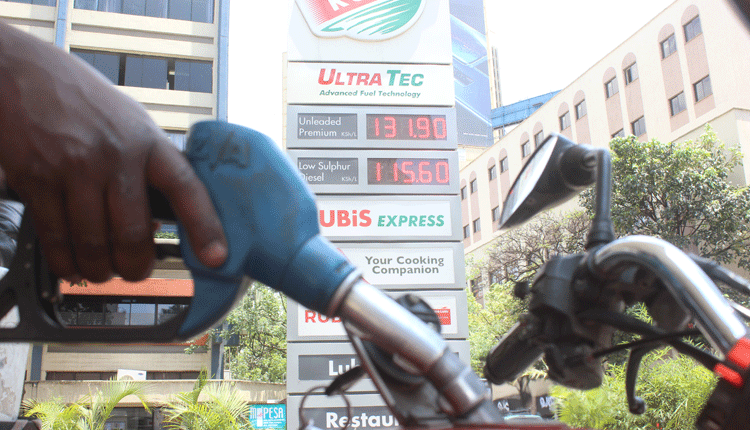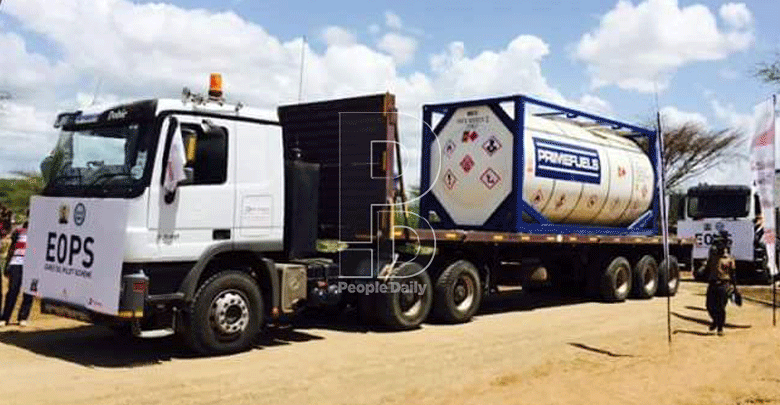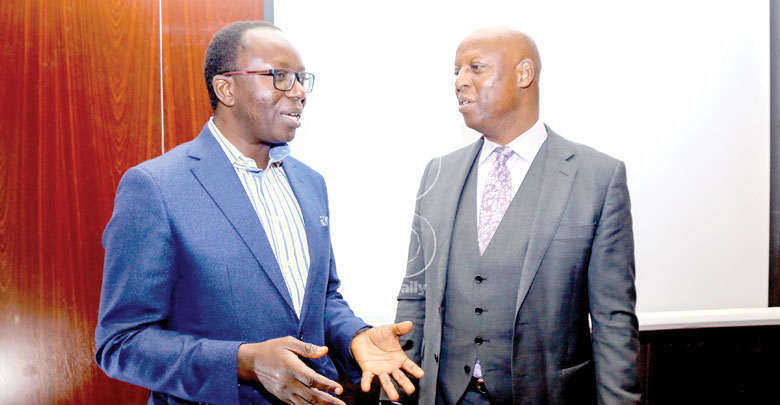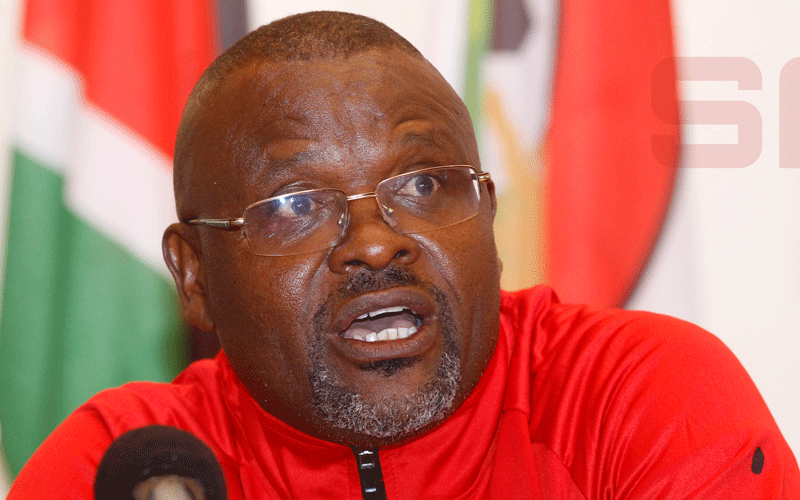Why State must keep fuel subsidy scheme running

Kenya is now paying the price of delayed monetisation of its Turkana Oil as surging global value chain prices drain the State-backed fuel subsidy, putting the country at the mercy of oil chiefs who control the majority of the market share.
Sustained artificial fuel shortage, greed, and global pressures on the energy value chain hit motorists to further spike the cost of living in Kenya as delays to compensate oil marketers led to widespread shortages.
It forced small independent fuel retailers to keep off the costly prices as oil majors diverted fuel to external markets to ease their cash crunch as the government came hard on them, calling it economic sabotage.
“This government will not tolerate any entity or person causing distress or creating an artificial problem. Any entity not ready, able or willing to work within the framework of the laws of Kenya is invited to vacate this market promptly,”Acting Petroleum and Mining Cabinet Secretary Dr Monica Juma said during a presser last week.
Despite global crude oil rising steadily, the government has maintained the margins of OMCs at zero since the March pricing, implying that OMCs had to wait for government reimbursement after 30 days since all the fuel they were selling did not generate profit.
The fast depleting subsidy programme pushed Energy and Petroleum Regulation Authority (EPRA) to increase pump prices by Sh15 over the past two months, sending petrol and diesel prices to Sh144.62 and Sh125.50 per litre, respectively, the highest in Kenya’s history in the latest monthly review. It would have been worse, says the government.
“The government will utilise the Petroleum Development Levy (PDL) to cushion customers from the otherwise high prices,” EPRA director general Daniel Kiptoo said during the monthly price review.
Economic sabotage
A litre of kerosene, used mainly by low-income households for cooking and lighting, will retail at Sh113.44 per litre for the next one month, up from Sh103.54 in March. Were it not for the financially stretched subsidy, fuel prices would have been worse, with a litre of petrol retailing at Sh173.70 and sh165.74 for diesel.
The government accused OMCs of economic sabotage and a capital crime following unsuccessful negotiations for the release of fuel on assurances of honouring payment obligations. “It has also been noted that some retailers were offering fuel at higher prices in breach of Section 99 (1n) of the Petroleum Act 2019,” CS Juma noted.
The government has spent Sh34 billion since the programme commenced a year back, including an Sh 8.2 million payout on the 4th of April that temporarily eased the fuel shortage. Ten OMCs, among them Rubis and TotalEnergies, are currently under investigation and could lose their license over claims of hoarding fuel that left the country suffering intermittent supply.
The fuel subsidy programme draws funds from PDL which currently charges motorists Sh5.4 per litre on petrol and Sh2.9 on diesel used for fuel stabilisation.
As the subsidy continues to gobble up billions of shillings amid sky-high global fuel prices, concerns now mount on whether the subsidy scheme is levy-driven or budget-financed.
Available funds
Although Treasury Cabinet Secretary Ukur Yatani said there are available funds to keep the kitty running till the end of June he hinted the situation could get out of hand, as it needed between Sh10 billion and Sh15 billion more every month to keep prices in check.
“Moving forward the situation might get out of hand. Every single month there’s going to be a need for an extra Sh10 billion, sometimes even Sh15 billion to subsidise fuel prices,” he said.
It is worth noting that the fuel subsidy plan was not included in the 2022/23 budget set to begin in July.














